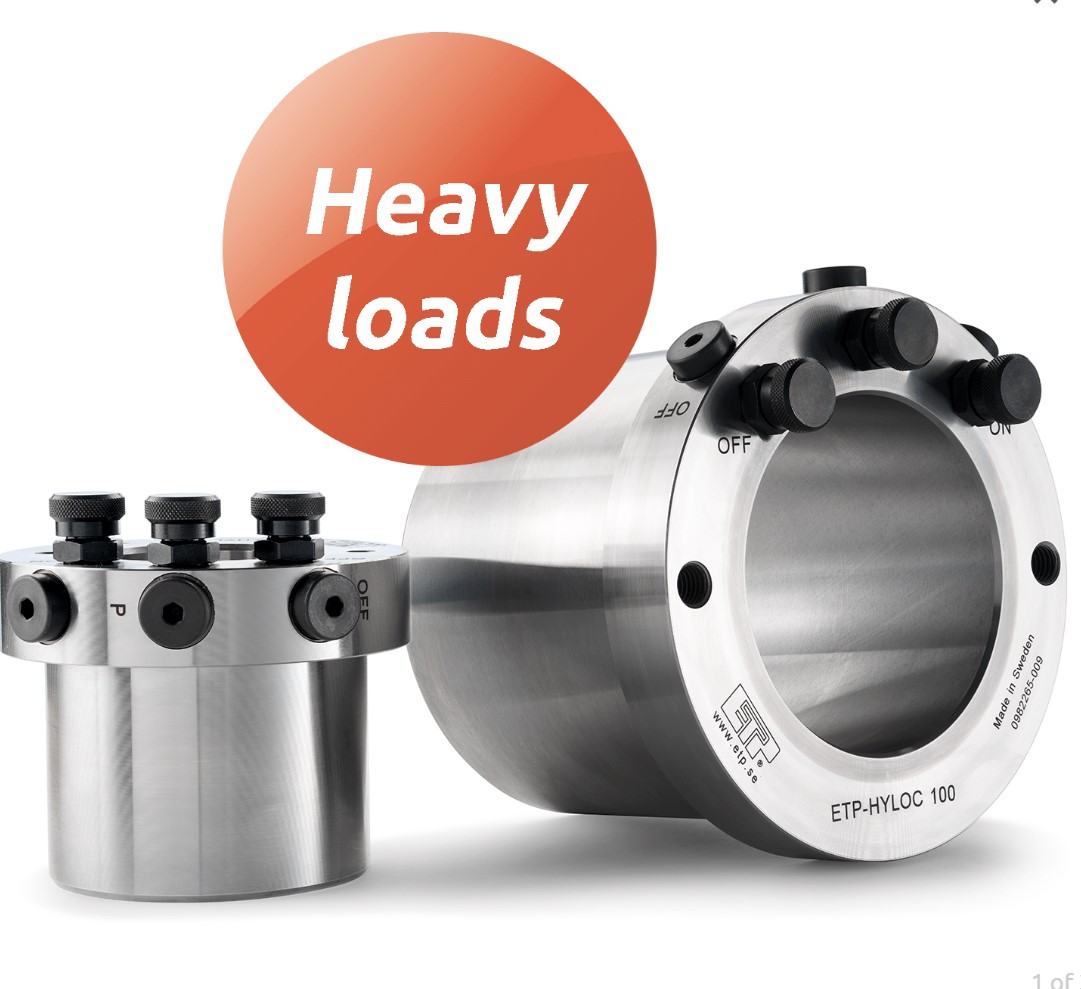
Product Name: ETP HYLOC 150 Hub-Shaft Connection
Brand: ETP
Product Code: HYLOC 150
Tags: ETP
ETP HYLOC Hub-Shaft
ETP HYLOC 150 Hub-Shaft Connection
ETP HYLOC 150 Hub-Shaft
HYLOC 150
ETP HYLOC 150 Connection
ETP 150 Hub-Shaft
ETP Hub-Shaft Connection
HYLOC 150 Hub-Shaft
HYLOC 150 Connection
HYLOC 150 Connection
ETP 150 Connection
Hub-Shaft
ETP HYLOC 150 Hub-Shaft
ETP HYLOC Hub-Shaft Connection
ETP 150
150 Hub-Shaft Connection
ETP HYLOC 150
Hub-Shaft Connection
Are you interested in the product ETP HYLOC 150 Hub-Shaft Connection from manufacturer ETP with code HYLOC 150? Contact us now and get offer. Imtek Engineering, the fastest and most reliable industrial equipment supplier in the world, will offer you the best offer!
Get Offer With E-Mail: info@im-tek.com
Get a offer for ETP HYLOC 150 Hub-Shaft Connection from our live support team now!
For heavy loads and quick mounting!ETP-HYLOC is a hydro-mechanical hub-shaft connection which, due to its robust design, is ideally suited to work in difficult environments and heavy operations like steel rolling mills, process industries etc. An interesting application, among many, has been fastening of feeding or forming rolls to shafts.ETP-HYLOC is fast to mount, has good concentricity and can take high torque and radial loads. Mounting and dismantling is easily carried out with a hydraulic pump.Construction ETP-HYLOC is a hydro-mechanical joint, which consists of a double-walled steel sleeve which encloses a conical moveable piston. Mounting and dismantling is carried out with a hydraulic pump. In the flange there are three threaded connections (”ON”, ”P” and ”OFF”) in the radial direction and the same in the axial. This makes it possible to choose radial or axial connection of the pump hoses, depending on the build-in situation. Operation When the piston is moved, by the hydraulic pressure from the pump, the double-walled sleeve expands uniformly against shaft and hub to form a rigid joint. When dismantling, the piston is moved in the opposite direction and the joint will loosen. A small amount of oil will be taken via spiral tracks in the piston between the surfaces (pressure applied through the ”P” connection), in this way making it easier for the piston to move. Normal working pressure is 1 000 bar.